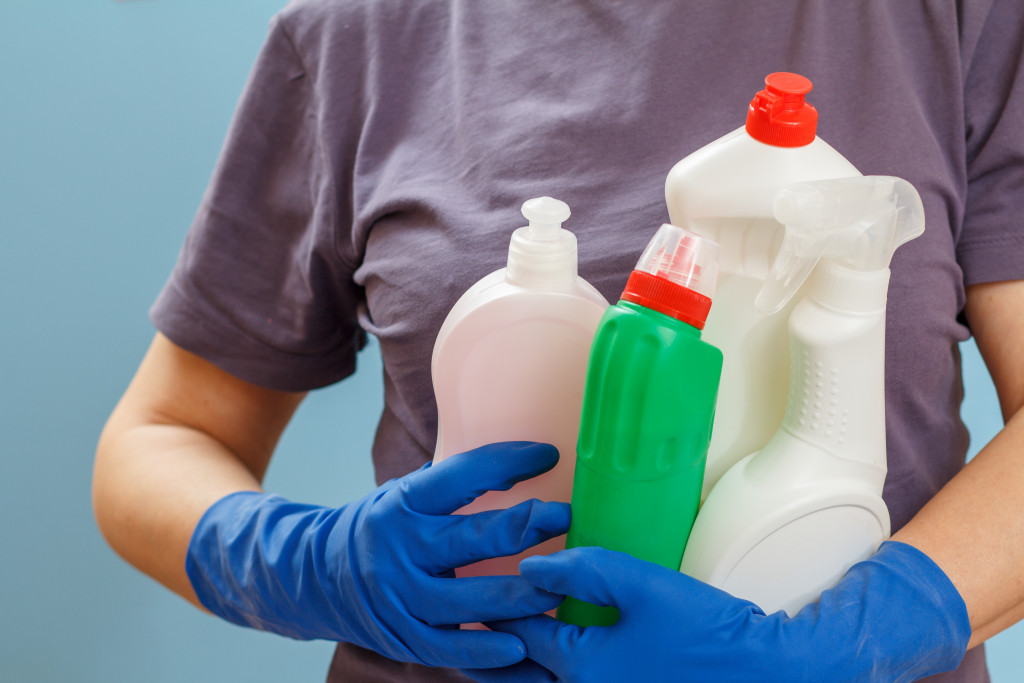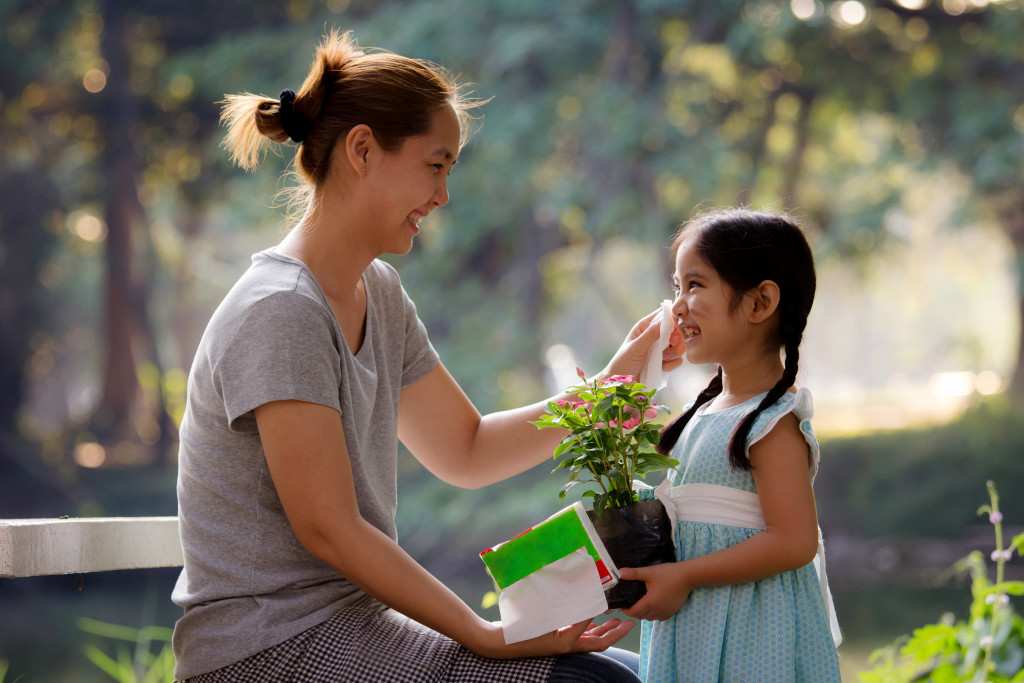- Eco-friendly cleaning practices help reduce environmental pollution with natural, cost-effective methods like vinegar and baking soda.
- Energy-saving practices like utilizing natural light and adjusting your thermostat can reduce utility bills and environmental impact.
- Choosing laundry detergents from plant-based ingredients helps prevent water pollution and is equally effective.
- Natural pool maintenance using green alternatives is safer, more efficient, and offers a healthier swimming experience.
Sustainability is becoming an increasingly essential issue in the world today, with more and more people choosing to adopt eco-friendly practices and live a greener lifestyle. Sustainable living is not a new concept, but with climate change concerns, it is undoubtedly gaining more relevance. Homeowners play a crucial role in promoting sustainability through their daily activities and the adoption of green living practices. If you are a homeowner looking to embrace sustainable living, this blog post is for you.
Adopt Green Cleaning Practices

Do you know that the cleaning products you use in your home can significantly impact the environment? Harsh chemicals in cleaning products end up in waterways and pollute the environment. It is important to embrace green cleaning practices by using eco-friendly cleaning products. You could also opt for natural cleaning methods like the following:
Using Vinegar and Baking Soda
The combination of vinegar and baking soda makes for a powerful yet eco-friendly cleaning solution. This natural duo works effectively for general cleaning purposes around the home. For example, a paste made of these ingredients can be used to scrub grime off surfaces, while a diluted solution can serve as a fantastic window cleaner. Not only are vinegar and baking soda widely available and cost-effective, but they also eliminate the need for harsh chemical cleaners, thus reducing your home’s contribution to environmental pollution.
Creating a Natural All-Purpose Cleaner
Lemon, water, and essential oils can be combined to create a highly effective all-purpose cleaner that’s not only green but also leaves your home smelling fresh and clean. Lemon juice is renowned for its natural cleaning properties, including its ability to cut through grease and disinfect surfaces. When mixed with water and your favorite essential oils, you get a homemade solution that’s gentle on the environment and tough on dirt. Simply add the juice of one lemon, a cup of water, and a few drops of essential oils like lavender or peppermint to a spray bottle, shake well, and your DIY all-purpose cleaner is ready to use.
Choosing Detergents Made From Plants
Choosing laundry detergents made from plant-based ingredients is another essential step towards a greener home. Traditional laundry detergents often contain phosphates, which can cause water pollution when they enter waterways. Plant-based detergents, on the other hand, use naturally derived enzymes and surfactants that are fully biodegradable, making them a much safer choice for the environment. These eco-friendly alternatives can be just as effective at fighting stains and freshening clothes, so consider making the switch next time you’re shopping for laundry products.
Save Energy
Your everyday energy usage could be significantly impacting the environment and contributing to climate change. Therefore, it is imperative to maximize energy efficiency in your home. Consider investing in energy-efficient appliances, solar panels, and LED light bulbs. Here are some practices to incorporate in your routine to help save energy:
Turn Off and Unplug Electronics When Not in Use
Did you know that electronics continue to consume energy even when they are turned off? This phenomenon is known as “phantom energy“ or “vampire power,“ and it can account for up to 10% of your home’s electricity usage. To prevent this unnecessary wastage, make it a habit to turn off and unplug electronics when they are not in use. This simple action can save energy and reduce your utility bill.
Use Natural Lighting Whenever Possible

Another way to save energy is by utilizing natural lighting whenever possible. Open the curtains or blinds during the day to let in natural light instead of relying on artificial lighting. Not only does this help save electricity, but it also has the added benefit of boosting your mood and creating a more pleasant living space.
Adjust Your Thermostat
Heating and cooling account for a significant portion of household energy consumption. To save energy, consider adjusting your thermostat by a few degrees, especially when you are away from home or sleeping. You can also invest in a smart thermostat that allows you to control the temperature remotely and set schedules for more efficient energy usage.
Consider Natural Pool Maintenance
Maintaining a pool with natural alternatives is another way to contribute to sustainable practices. Traditionally, muriatic acid is used to decrease the pH levels in pools. However, a more eco-friendly approach would be to use a muriatic acid substitute for pools.
These green alternatives are not only safer for the environment but also less corrosive and safer for you to handle. For instance, using natural enzymes to break down organic matter in pools is not only environmentally friendly but also more efficient than traditional chlorine-based methods.
If possible, consider switching to a saltwater pool, which uses natural electrolysis to clean the water instead of harsh chemicals. This not only reduces the need for chemical maintenance but also provides a healthier swimming experience for you and your family.
Embracing sustainable living practices in your home is not only beneficial to the environment but also to you as a homeowner. Adopting eco-friendly practices like green cleaning, energy conservation, water conservation, sustainable landscaping, and choosing sustainable materials could also help you save money in the long run. As a homeowner, you have a responsibility to lead by example and promote sustainable living practices. Start small and make gradual changes, and soon enough, green living will become a way of life.



